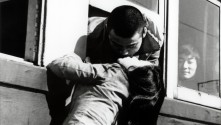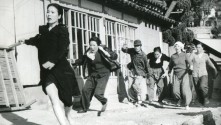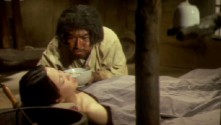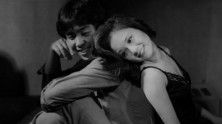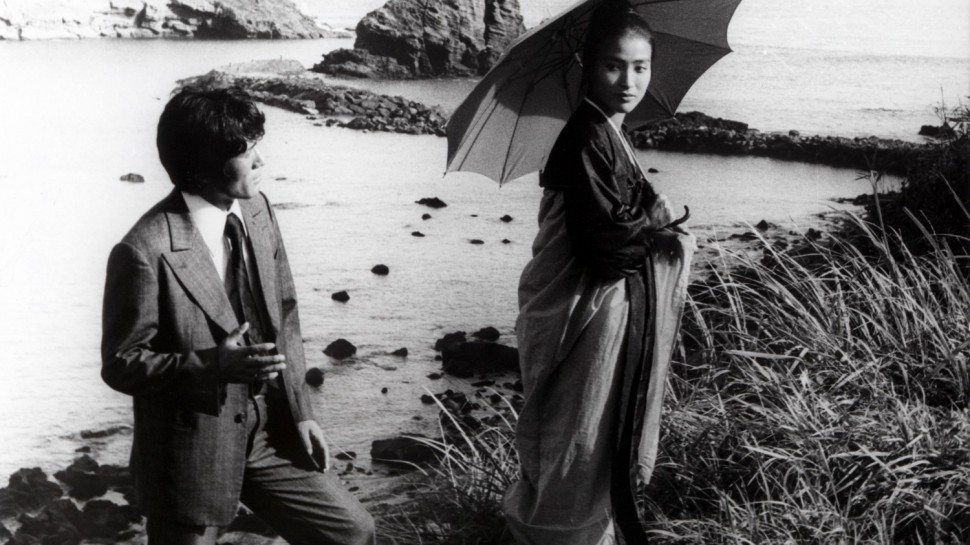
I-eo Island
(I-eodo)
With Lee Hwa-Shi, Kim Jeong-Cheol, Choi Yun-Seok.
South Korea, 1977, 35mm, color, 110 min.
Korean with English subtitles.
Print source: Korean Film Archive
“When you autopsy human nature, black blood will flow out. That is what we call human desire.” – Kim Ki-Young
Kim Ki-Young’s visionary cinema surged to a delirious peak with the greatest of his 1970s films, I-eodo, a remarkable study of primal desire and the death drive that was revered as a “transcendent” masterpiece by Ha Gil-Jong. Kim Ki-Young’s penchant for crazed, almost absurdist, narratives is given full range in I-eodo, which follows the unthinkable consequences of a zealous hotel developer’s misguided decision to name his Jeju Island resort after the mythical I-eo Island, which legend claims to be visible only by the dead. Accused of murder, the developer can only clear his name by traveling to the sinisterly beckoning island ruled, he discovers, by a mysterious female shaman. Garishly stylized, I-eodo intensifies its desperate, searching energy through the distorting cinematography of Kim Ki-Young regular Jung Il-Sung, making dazzling use of bright color gels and violent close-ups, and, through its jagged flashback narrative, pulled ever backwards by a series of sharp, traumatic memories. Although the film’s astonishing penultimate scene was, quite predictably, removed by government censors, an uncensored print survived in Japan and provided the source for the restored print screening tonight. Featuring Housemaid star Lee Hwa-Shi, I-eodo affirms Kim Ki-Young’s status as himself a kind of cinematic shaman, able to conjure and reanimate the darkest primal forces from Korean history and culture.



